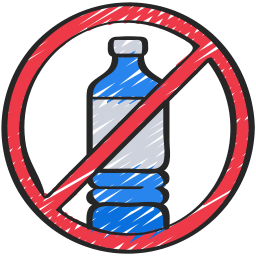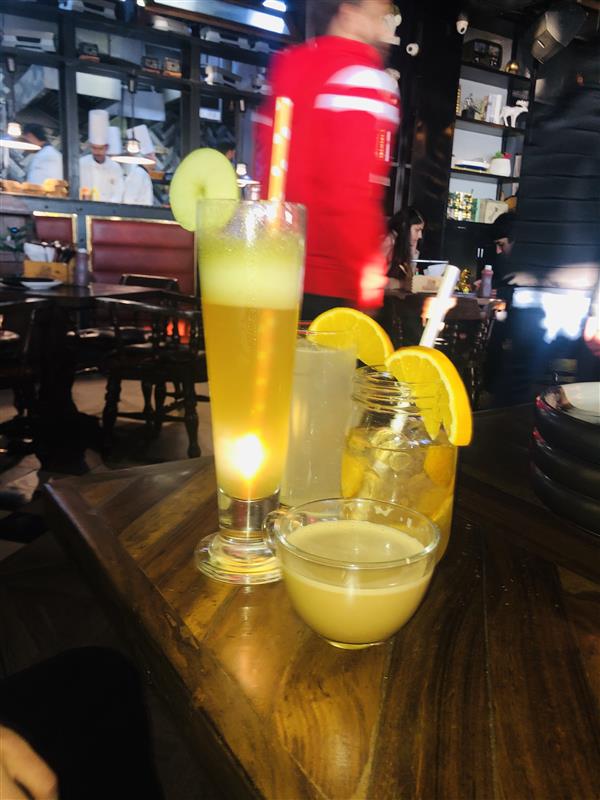- Pet Parent 🐾
- Material Type Look for packaging made from renewable, recycled, or biodegradable materials. Examples include paper, cardboard, plant-based plastics, and compostable materials. Avoid single-use plastics and excessive packaging.
- Certifications Check for certifications from recognized organizations that verify sustainability claims.
- Minimalism Opt for products with minimal packaging to reduce waste.
- Recyclability/Compostability Ensure the packaging is easily recyclable or compostable in your local area. Look for clear instructions on how to properly dispose of the packaging.
- Source and Production Inquire about the company's sourcing and production practices. Sustainable businesses prioritize ethical and environmentally friendly sourcing and manufacturing.
- Transparency Support businesses that are transparent about their packaging and sustainability efforts. Look for clear information on their website or product labels.
- Choose Products with Sustainable Packaging Actively seek out and purchase products from businesses that prioritize sustainable packaging.
- Spread the Word Share your positive experiences with others through word-of-mouth, social media, and online reviews. Encourage friends and family to support these businesses as well.
- Provide Feedback Let businesses know that you appreciate their sustainable packaging efforts. Offer constructive feedback and suggestions for further improvement.
- Advocate for Change Encourage other businesses to adopt sustainable packaging practices. Support policies and initiatives that promote sustainable packaging and reduce waste.
- Reduce, Reuse, Recycle Practice the principles of reduce, reuse, and recycle in your own life. This will further minimize your environmental impact and support a circular economy.


